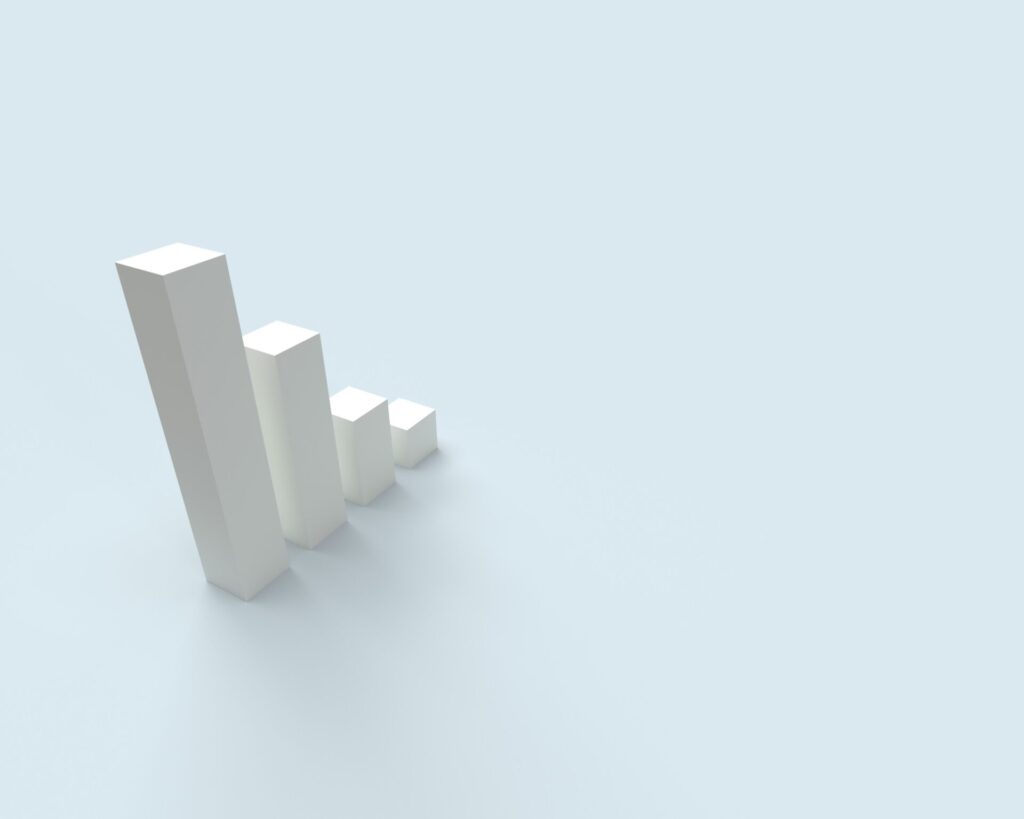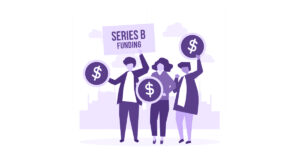
In a significant shift from the investment fervor of 2021, European tech startups in 2023 raised about 50% of the funding that they raised that year, according to new data from Crunchbase.
The business intelligence firm reported this week that European startups raised USD $52 billion last year, down from over USD $100 billion in 2021. That year, however, was an anomaly and coincided with astronomical fundraising metrics worldwide following the pandemic.
Despite the drop in funding since 2021, Europe’s startup scene is still well over pre-pandemic fundraising levels. What’s more, Crunchbase reported that Europe captured more share of the global venture capital space than its North American and Asian counterparts.
On par with other global ecosystems, Europe’s later stage startups took a harder hit in the funding drought last year, raising less money than in previous years. In fact, Crunchbase said late-stage funding in Q4 reached its lowest point since Q3 2020.
The dip in last year’s funding was expected, of course. Earlier in November, a report released by London-based venture capital firm Atomico estimated the European ecosystem would raise approximately USD $45 billion in 2023.
At the time, Tom Wehmeier, a partner at Atomico said, “Some of the startups who raised large sums in 2021/early 2022 to hit their billion-dollar valuation will see their valuations drop below the billion-dollar mark,” according to Reuters.
The outlook is looking brighter for European startups, however. Some VCs and analysts are predicting consolidation across the VC industry, which means some investors unable to raise follow-on funds will begin stopping their operations — a move which some say is healthy for the ecosystem overall.
Bridge funding for startups in VC portfolios could also dry up, but this could mean more available capital for early-stage companies, Peter Walker, head of insights at Carta, told Forbes.
And Mike Turner, a partner at law firm Latham & Watkins, told Sifted that investors sitting on piles of dry powder will begin to deploy it in 2024.
“There is uncertainty in the market for 2024; it is the election year with over 50 countries going to the polls. This brings a bit of anxiety to investors,” said Jesús Tapia, Head of IMPACT Accelerator from Spain’s ISDI digital business school. “There are mixed opinions and feelings amongst the investors we’ve spoken with. It is noticeable that, in some cases, there are antagonistic positions as to how the money will flow into the startup ecosystem. However, it is clear that the focus will be on startups working with generative and traditional AI, healthcare, AgroTech and biotech.”
After a couple of years of leveling off, it’s still unclear if the startup funding will continue to fall or stabilize in 2024, but European startups are hopeful.




